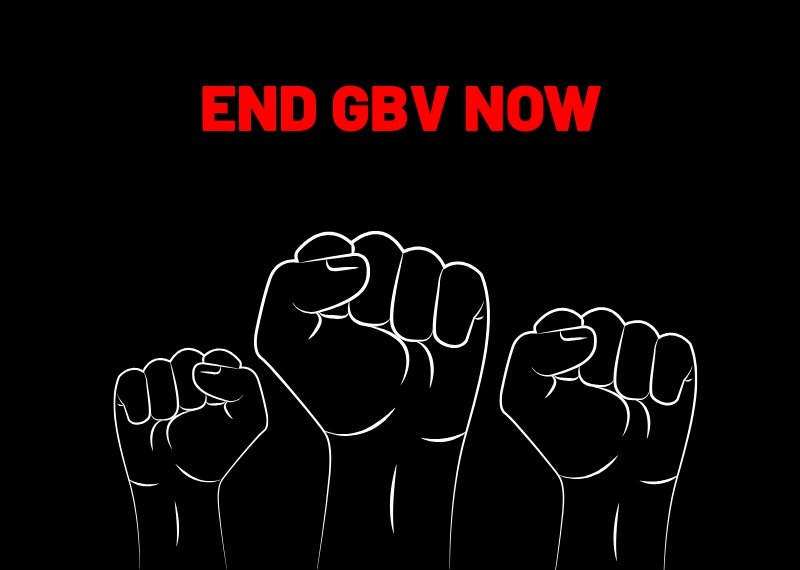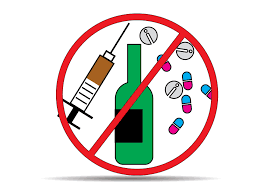Gender-Based Violence
What it is:
GBV is violence which occurs between men and women in relationships, in the home, at school, the workplace and in the community. It is all about power and control, and includes:
- physical, emotional, sexual, economic and spiritual abuse directed at someone based on his or her gender (being male or female).
It often has to do with how someone believes another person of a particular gender needs to behave or needs to be treated.
For example, a man becoming angry at a woman because she hasn’t done chores in the home which he believes she should do.
Or, a man forcing a woman to have sex.
Or, a family forcing someone into a marriage arrangement.
Or, a woman forcing a man to fix household appliances because she believes he should do so.
Gender-based violence can affect anyone. It occurs in all racial, religious, ethnic and political groups. Generally, we talk about the abuse of women by men.
Violence by women against men does occur, and also occurs within same-sex relationships. However, violence against women is the most common and usually more severe.
How to stop GBV
It starts with you!
Gender-based violence and discrimination is everyone’s problem and we all need to take a stand against it. We need to report GBV cases.
Be a whistleblower meaning do not look away. It is important to report something that happens to you or someone else, especially at residences. It might be hard, but we need to speak out so that we can end gender-based violence.
At institutional level
- Adopt a zero-tolerance policy to gender discrimination and violence.
- Promote and teach protective and preventive strategies, including gender empowerment.
- Provide services where survivors can access necessary assistance.
- Implement a safer campus programme with strengthened campus infrastructure and rapid response mechanisms.
- Create peer-based teams as the first line of prevention and management of GBV.
Source: www.powa.co.za
Sexual reproductive health
Implies that people are able to have a responsible, satisfying and safer sex life. That they have the capability to reproduce and the freedom to decide if, when and how often to do so.
Below is the collection of methods, techniques and services for safe sexual reproductive health:
- Maternal, and perinatal health;
- Contraception and family planning;
- Preventing unsafe abortion;
- Prevention and treatment of sexually transmitted infections (Such as HIV and STIs), and
- Promoting sexual health.
Source: Higher Health 2019 pamphlet
There have been increased reports of #GBV incidents during the lock-down.
If you are in an abusive relationship, please reach out to the #GBV Command centre on 080 042 8428 or send a PCM to *120*7867#
Take care of yourself!
#MyNWU #GBV
Download the powerpoint here and listen to the voice-over for more information.
LGBTIQA+
To understand LGBTIQA+ it is important to distinguish between sex and gender.
Sex: Refers to the biological differences between males and females, such as the genitalia and genetic differences.
Gender: Refers to the role of a male or female in society, known as a gender role, or an individual’s concept of themselves, or gender identity. Gender is socially constructed.
Next, it is important to understand what sexual orientation/identity means: It refers to the sex that people are emotionally, physically, and intimately attracted to.
LGBTIQA+ stands for:
- Lesbians (L) are women who are emotionally, physically, and intimately attracted to other women;
- Gays (G) are men who are emotionally, physically, and intimately attracted to other men;
- Bisexuals (B) are men or women who are emotionally, physically, and intimately attracted to both men and women;
- Transgender (T) are people whose gender identities do not match the sex they were assigned at birth, by transitioning your body to match the gender you identify with emotionally, you become trans male or trans female;
- Intersex (I) are individuals who are born with the reproductive organs and sexual anatomy that does not fit typical definitions of male or female;
- Queer (Q) are individuals who may not want to describe themselves using the aforementioned sexual orientation labels;
- Asexual (A) are individuals who lack sexual attraction or interest in sex.
(+) “plus” which represents other identities?
What is important is to show respect to others. As South Africans we all enjoy the same rights enshrined in the Bill of Rights, under The Constitution.
Substance abuse
Refers to the harmful or hazardous use of psychoactive substances, including alcohol and illicit drugs.
Psychoactive substance use can lead to dependence syndrome – a cluster of behavioural, cognitive, and physiological phenomena that develop after repeated substance use and that typically include:
- a strong desire to take the drug,
- difficulties in controlling its use,
- persisting in its use despite harmful consequences,
- a higher priority given to drug use than to other activities and
- obligations, increased tolerance, and sometimes a physical withdrawal state.
Source: https://www.who.int/topics/substance_abuse/en/
Alcohol is a drug. It is classed as a depressant, meaning that it slows down vital functions—resulting in slurred speech, unsteady movement, disturbed perceptions and an inability to react quickly.
As for how it affects the mind, it is best understood as a drug that reduces a person’s ability to think rationally and distorts his or her judgment.
Another concern for alcohol drinkers is binge drinking, which is the practice of consuming large quantities of alcohol in a single session, usually defined as five or more drinks at one time for a man, or four or more drinks at one time for a woman.
The truth about drugs:
Drugs are essentially poisons. The amount taken determines the effect. A small amount acts as a stimulant (speeds you up).
A greater amount acts as a sedative (slows you down). An even larger amount poisons and can kill.
Why people take drugs?
People take drugs because they want to change something in their lives. Here are some of the reasons young people have given for taking drugs:
To fit in, escape or relax, relieve boredom, seem grown up, to rebel and experiment. They think drugs are a solution. But eventually, the drugs become the problem.
Other drugs: marijuana, ecstasy, cocaine & crack cocaine, crystal meth & methamphetamine, inhalants, heroin, LSD and prescription drug abuse.
Source: www.drugfreeworld.org



